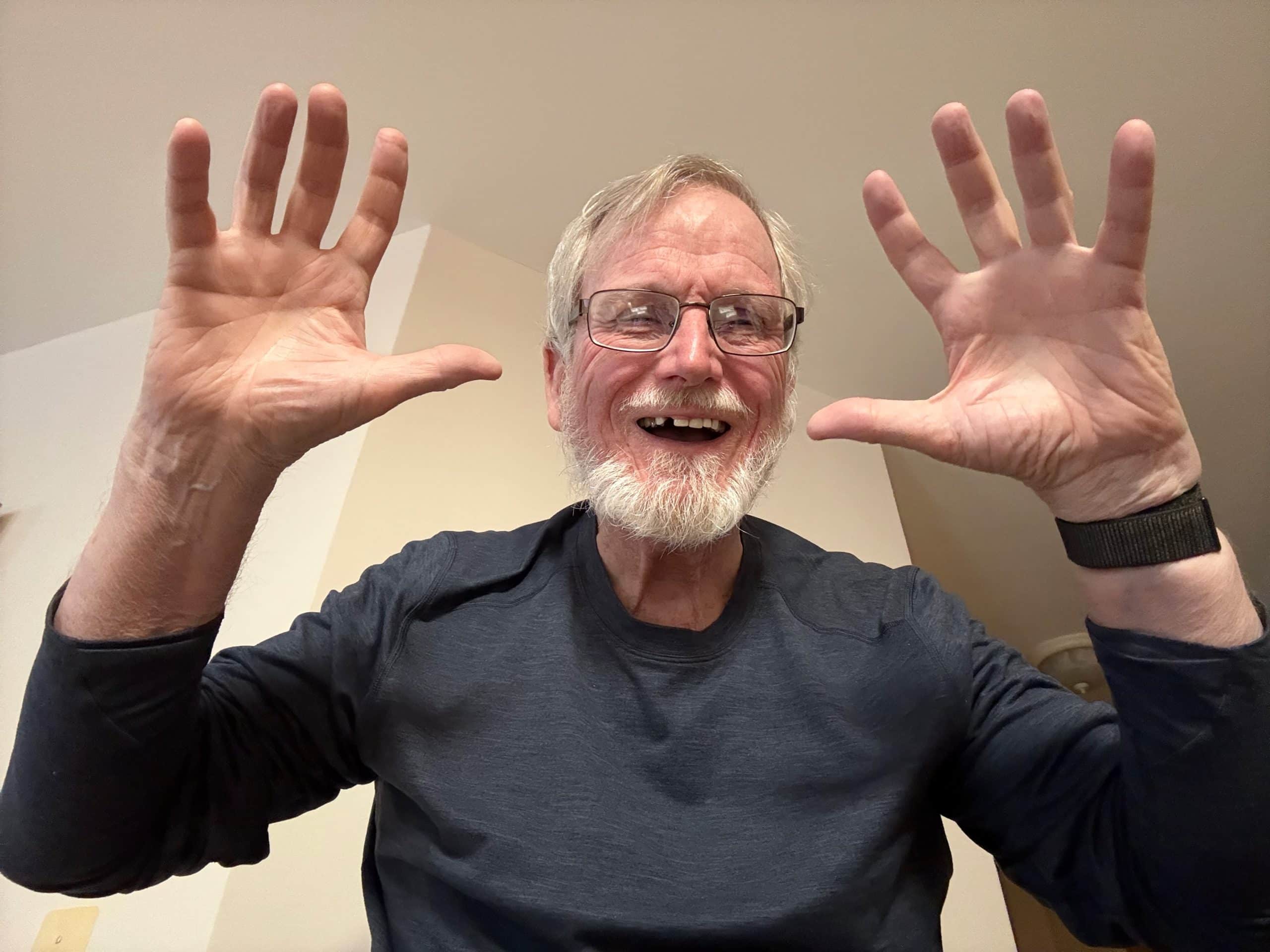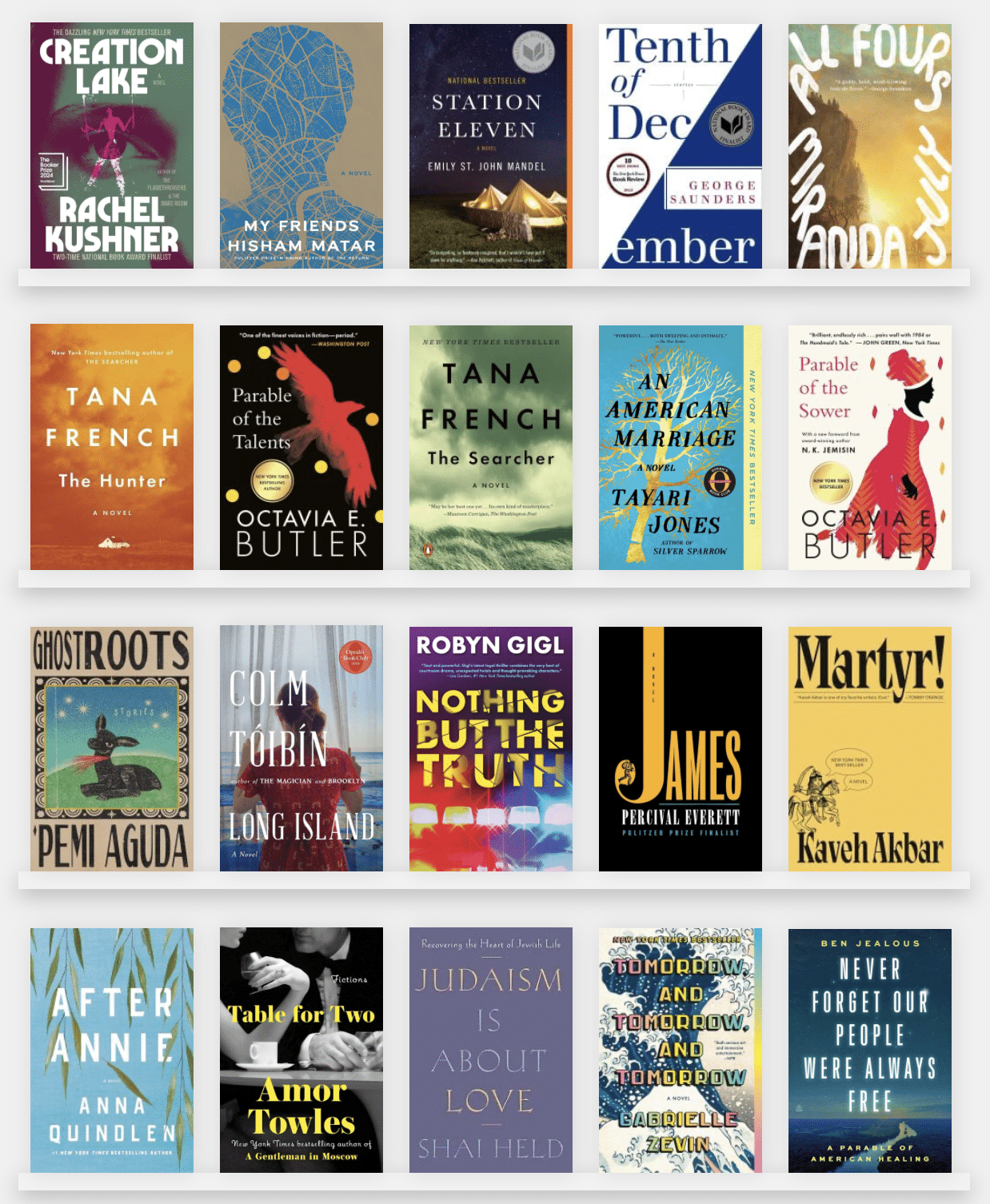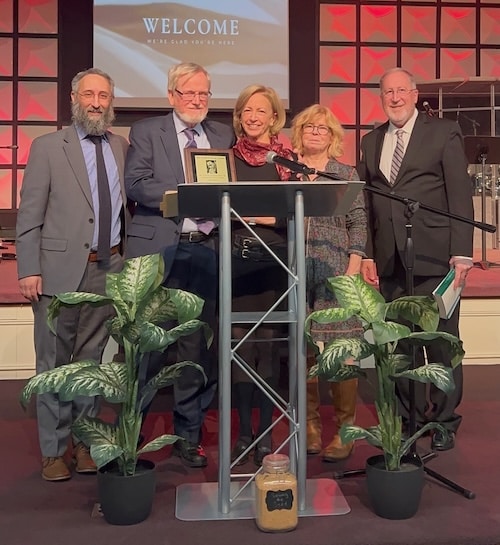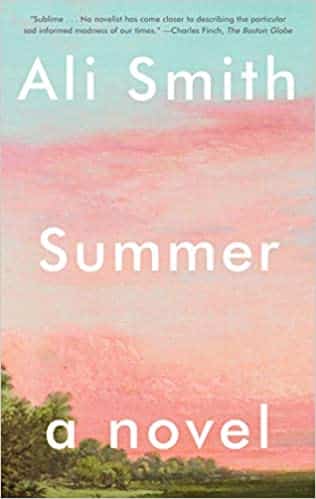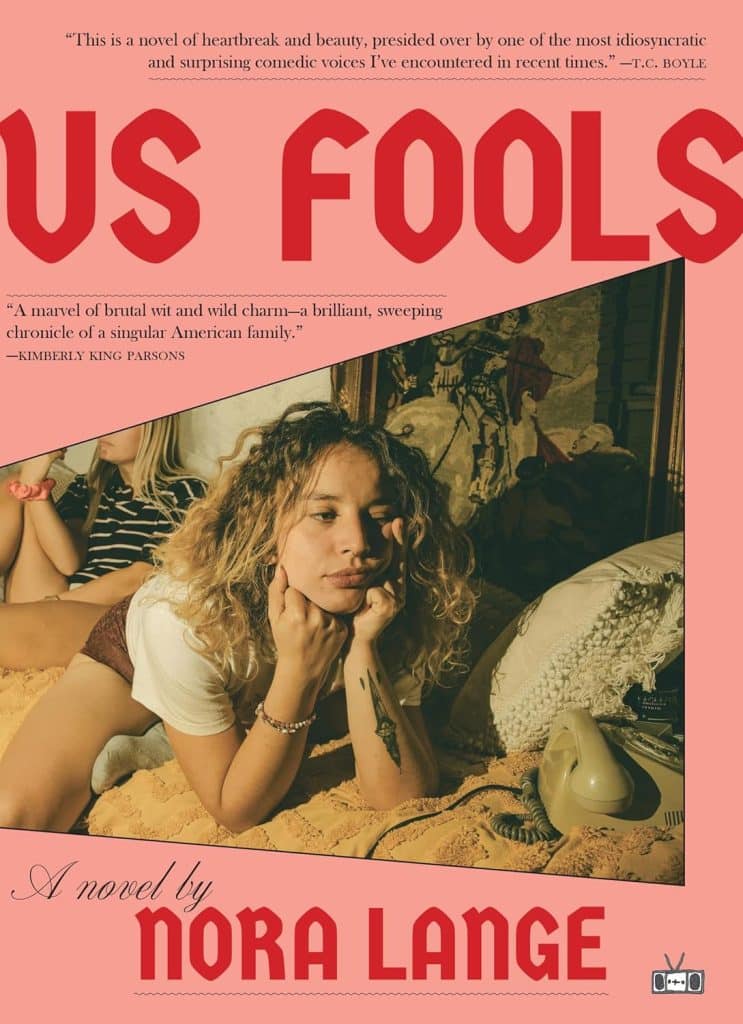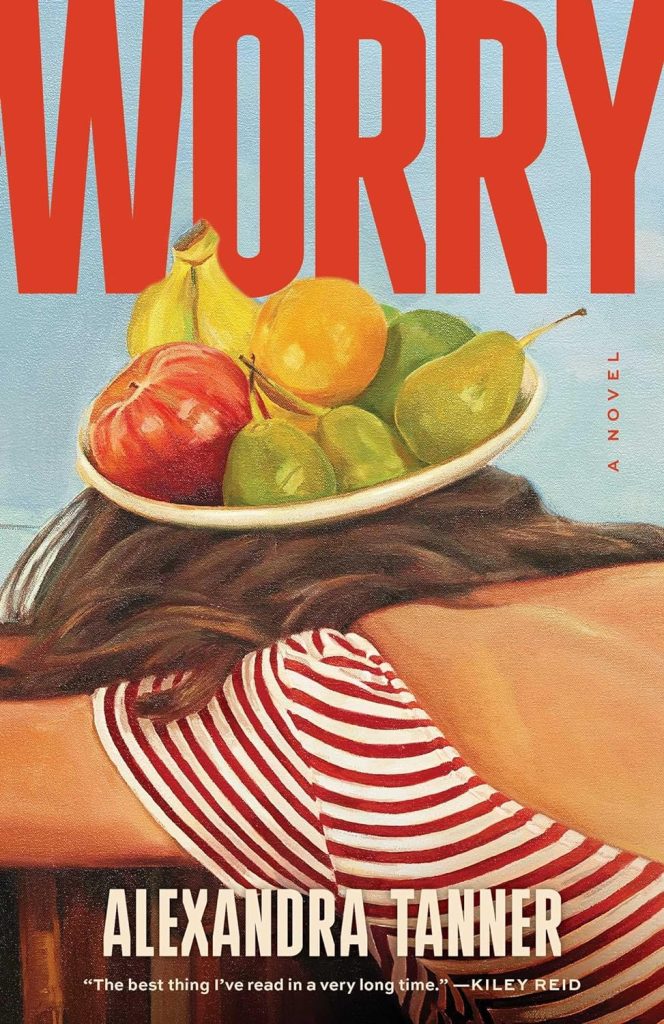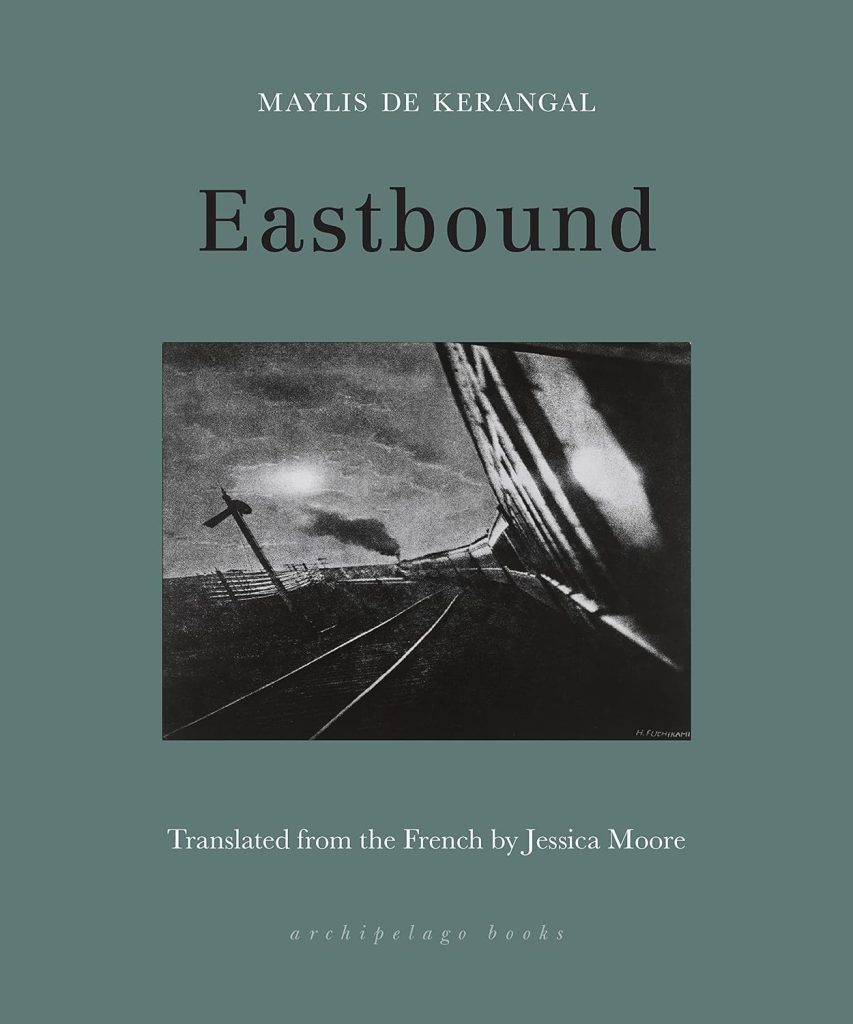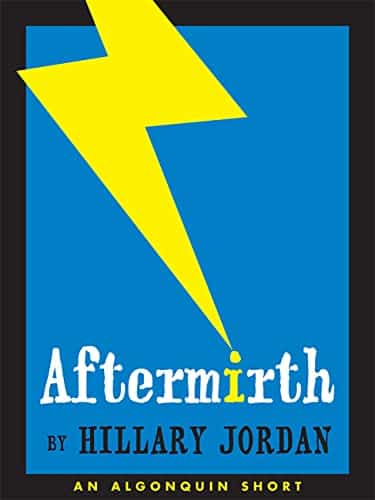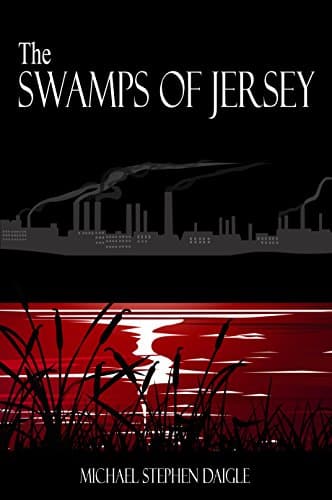Please Support My Fundraising Campaign for the Leukemia & Lymphoma Society (LLS)!
I climb to the Gateway Center in Newark yearly to honor my beloved wife, Jan. This year’s Big Climb on April 26 holds a particular weight for me, as it marks what would have been her seventy-fifth birthday. While I know I can’t bring her back, I find solace in this journey and the opportunity to rally support in the fight against cancer. Her battle with blood diseases has deeply impacted me, and I am passionate about promoting the search for cures. I invite you to join me in this heartfelt cause as we unite to transform hope into reality for those affected by these illnesses. Your support is invaluable as we stand united in this vital battle.
Continue reading →

